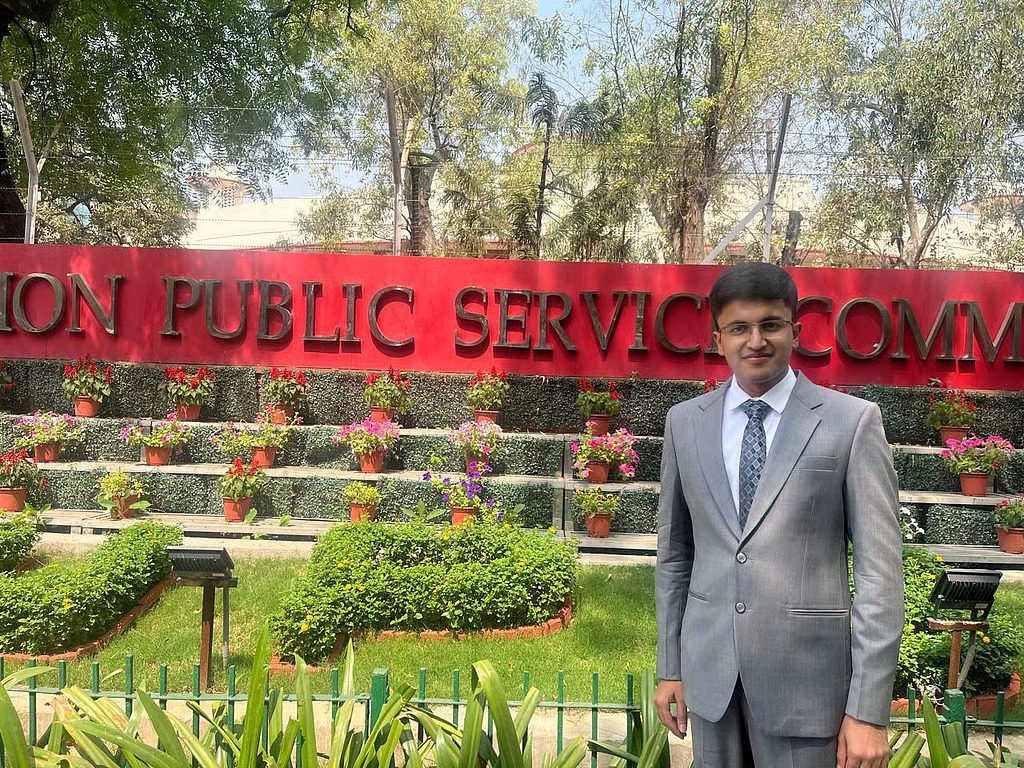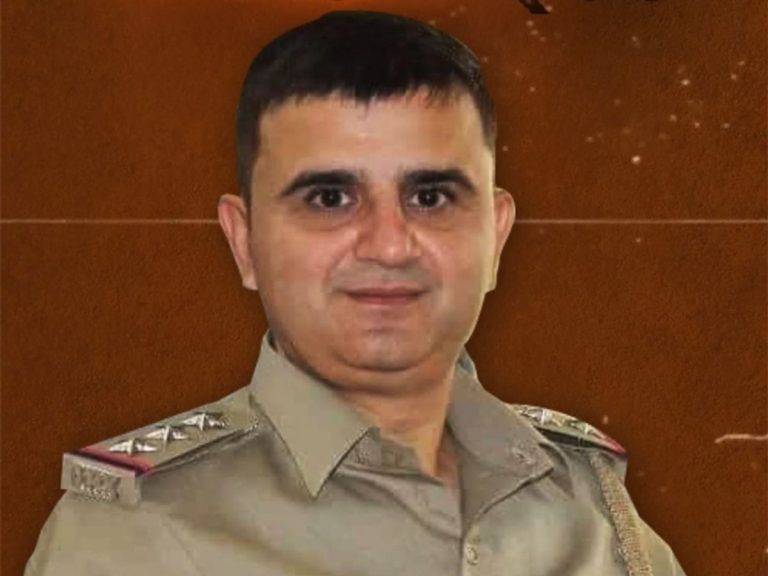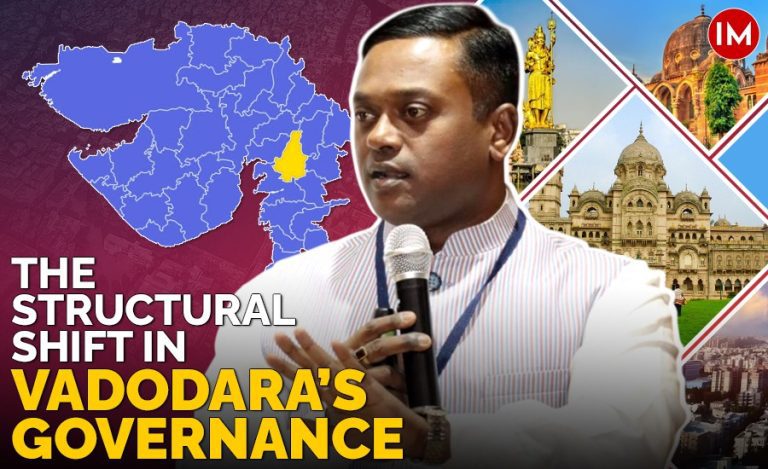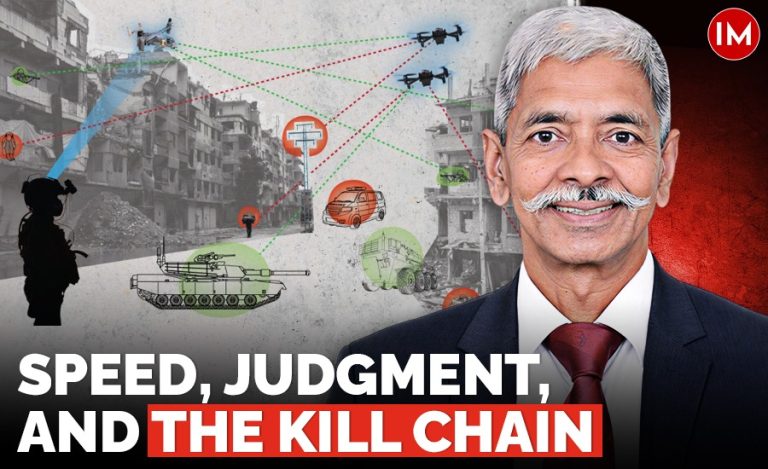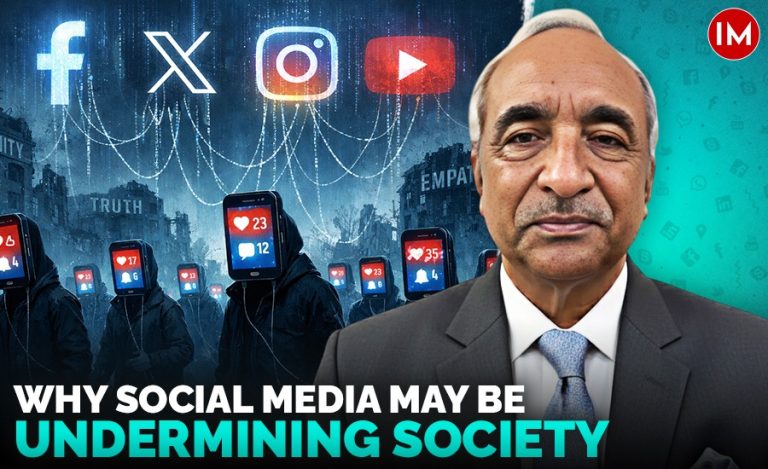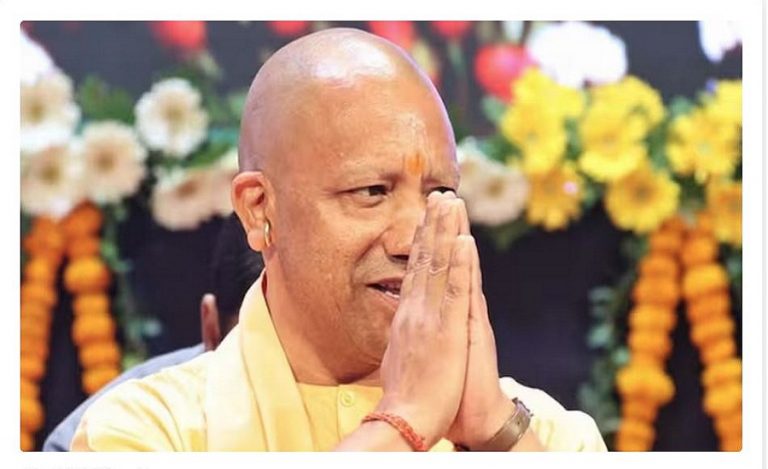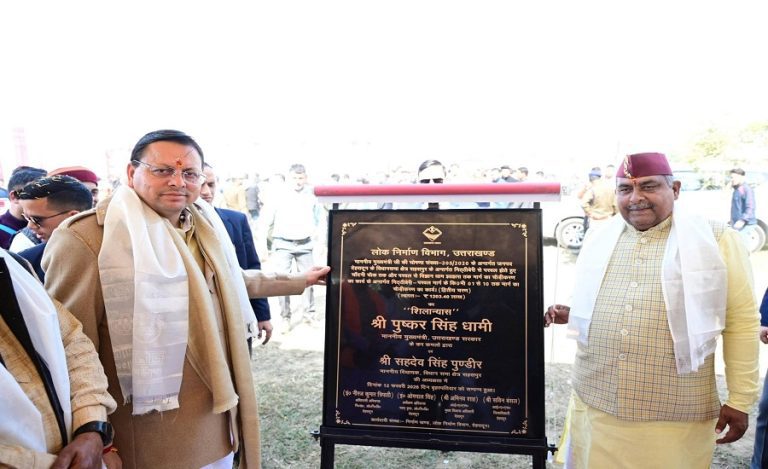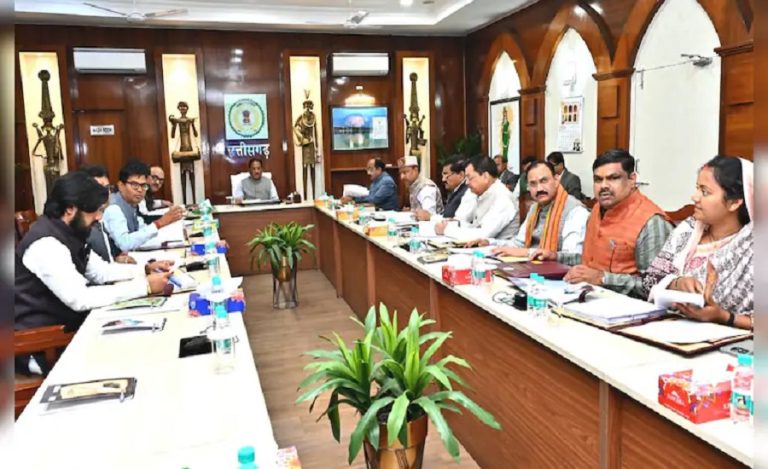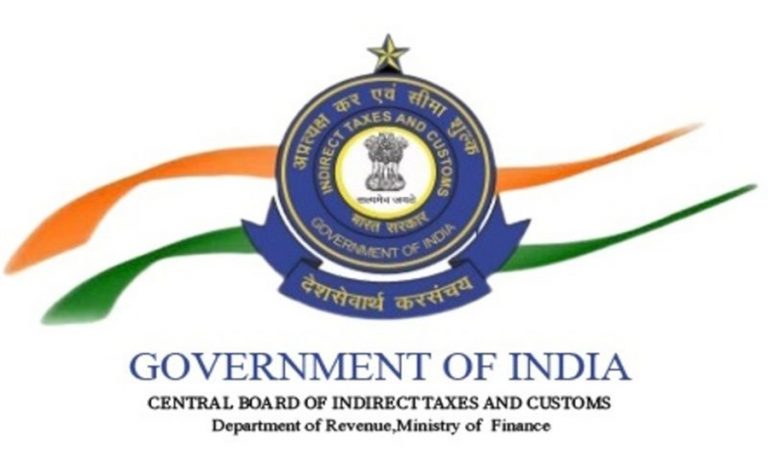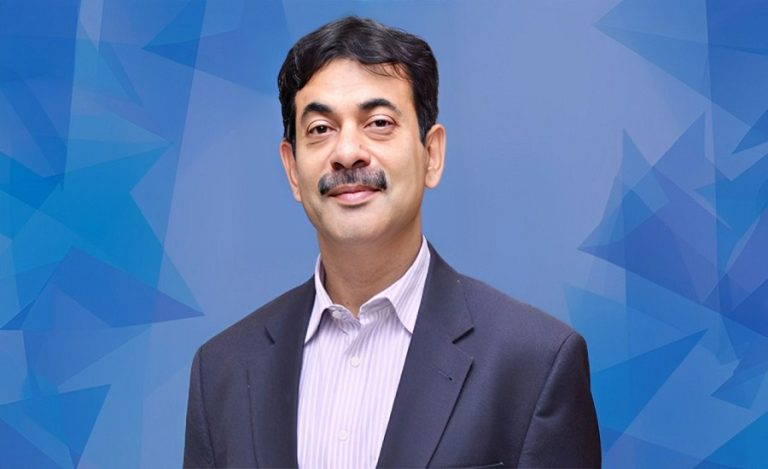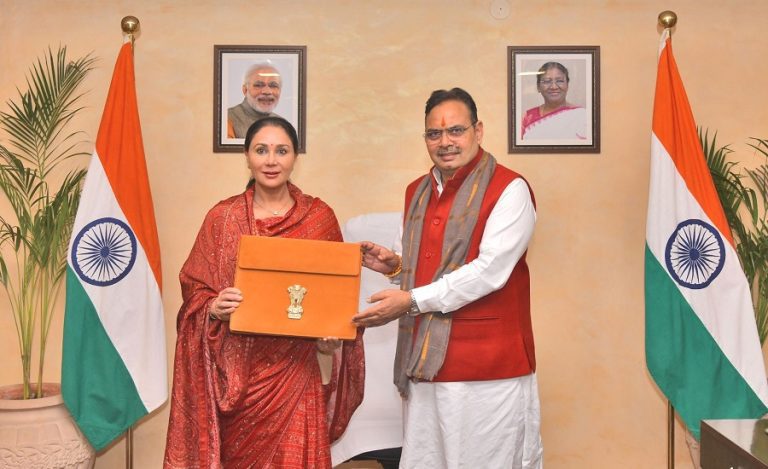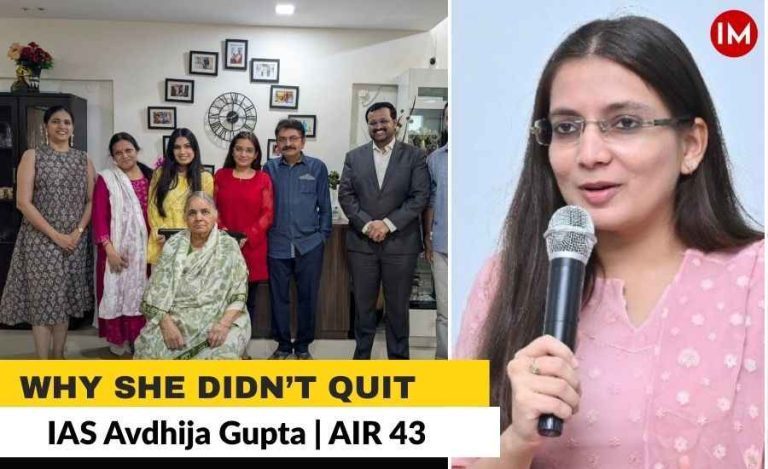When Dr. Pulkit Bansal walked through the gates of AIIMS Delhi, stethoscope slung around his neck, civil services was not even a whisper in his mind. Born in Ludhiana and brought up in Delhi, Pulkit’s world was stitched together by textbooks, curiosity, and a quiet promise to his father… a promise to become the first doctor in the family.
From his first day at DL DAV Shalimar Bagh to his NEET result that landed him a seat at India’s most prestigious medical college, every step was a nod to that dream. Physics, Chemistry, Mathematics, Biology, he took them all, never limiting himself. But no syllabus or question bank could have prepared him for what lay waiting in a far-flung village in Ballabhgarh.
BETWEEN QUIZZES AND QUIET QUESTIONS
Life at AIIMS was demanding, but for Pulkit, it was also colourful. Between rounds in the wards and case presentations in lecture halls, he and his friends co-founded the MedQuiz Society, a place where questions had no limits and curiosity was currency.
There were Holi celebrations in hostel courtyards, nights that ended with inside jokes echoing down the hostel corridors, and friendships that ran deeper than just shared shifts in the emergency room. But somewhere in the white noise of lectures and late-night discussions, a question started whispering louder: Is this enough?
A VILLAGE THAT CHANGED EVERYTHING
It was during his fourth-year internship that the question found its answer. AIIMS interns are sent for rural postings. For Pulkit, that meant long, grinding shifts at a primary health centre in Ballabhgarh.
One 24-hour shift bled into another. The stories he heard were not about fevers or infections, but about lives stuck in cycles that no medicine could break. A farmer’s cracked hands, a mother’s worry about her child’s future… they all told him the same thing: sometimes, treating the disease is not enough. Sometimes, you have to fix the system that the patient returns to.
That village did what no coaching module ever could; it turned a doctor into an aspirant for the Union Public Service Commission.
NO COACHING, JUST YOUTUBE AND CONSISTENCY
When Pulkit decided to prepare for the UPSC Civil Services Examination, he didn’t sign up for any fancy coaching classes. He didn’t chase top rankers’ test scores or measure himself by someone else’s yardstick. Instead, he turned to YouTube, watching videos of toppers, breaking down their strategies, and building one that worked for him.
His mantra was simple: minimum resources, maximum revision. He focused on the last years’ papers and stayed consistent. The habit of reading newspapers daily, carried over from his AIIMS days, kept him rooted in the issues that mattered.
And when the result came, it spoke volumes. An All India Rank of 155, cracked in his very first attempt!
WHEN THE FIRST INTERVIEW QUESTION WENT UNANSWERED
Ask any aspirant, and they’ll tell you: the UPSC interview can rattle even the best-prepared minds. Pulkit remembers the first question thrown at him, a factual one he couldn’t answer. But instead of fumbling, he looked his interviewer in the eye and admitted he didn’t know.
He later shared that the panel doesn’t care for perfect answers; they care for honesty, humility, and how one carries oneself under pressure. For him, that moment was proof that truth works better than pre-rehearsed lines.
YES, HE SCROLLED REELS MINDFULLY
Pulkit’s journey wasn’t about isolation from the world. He stayed connected, even scrolling through reels on social media. But he knew where to draw the line. For him, social media was a tool, sometimes for information, sometimes for a short break. The key, he says, is to know when the scrolling starts numbing the mind instead of refreshing it.
FROM HEALING PATIENTS TO HEALING POLICIES
Medicine showed Pulkit what needed fixing. Civil services showed him how to fix it.
Standing today at the crossing of two worlds, clinical care and governance, he wants to bridge them with the same compassion he once carried on his hospital rounds. The white coat may be folded away for now, but the lessons it gave him still guide him.
Pulkit Bansal’s journey is a quiet nudge for every young mind unsure about where they’re headed and proof that not every detour is wasted time. Sometimes, the unplanned road and the unexpected shift is where the real story begins.
“Take guidance,” he says, “but don’t let anyone push you into something you don’t believe in. If that small voice in your head says, ‘Try something different,’ maybe, just maybe, you should listen.”
Because sometimes, a village posting can change a stethoscope into a Sarkari file and one man’s question into a chance to rewrite the system for everyone else.

